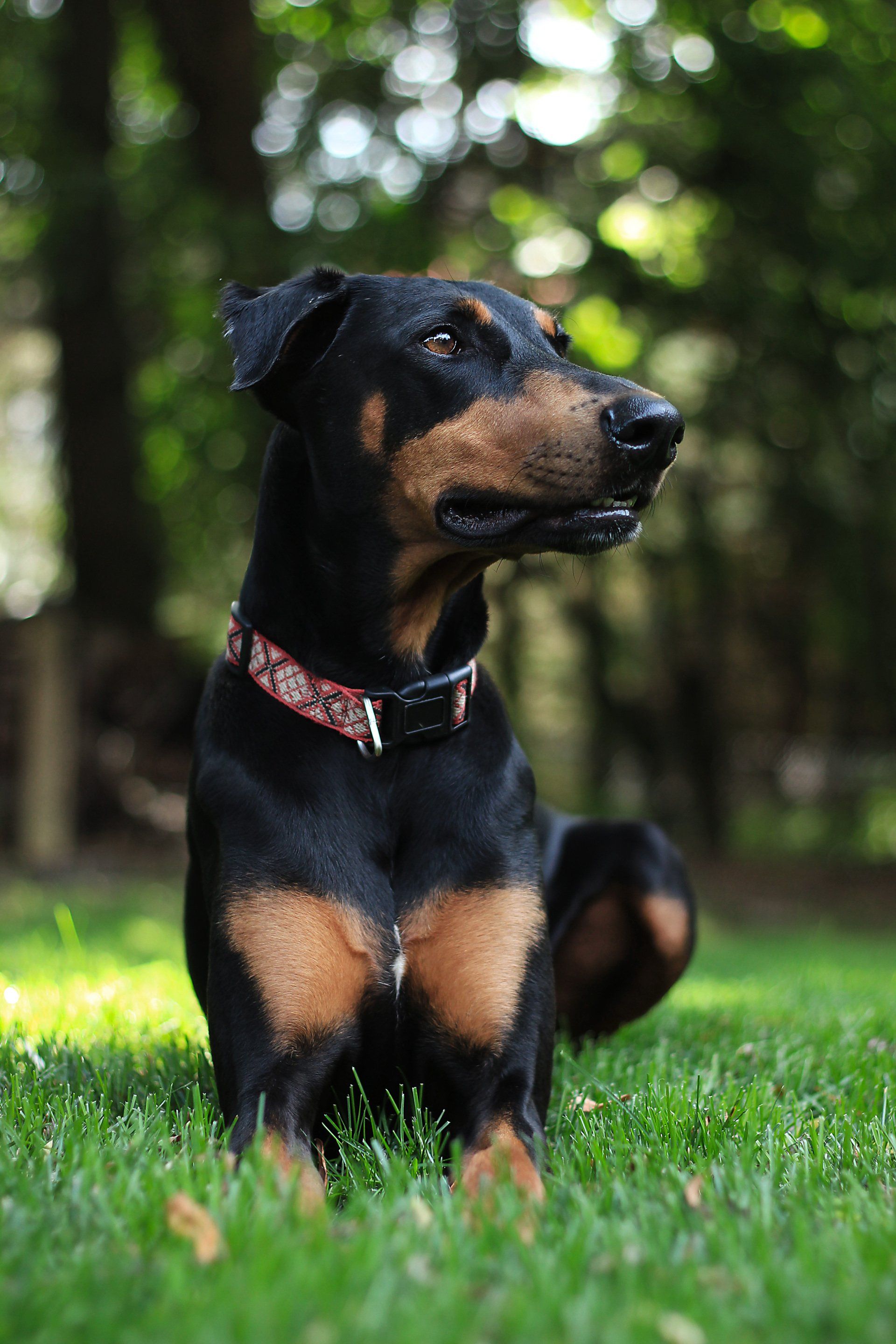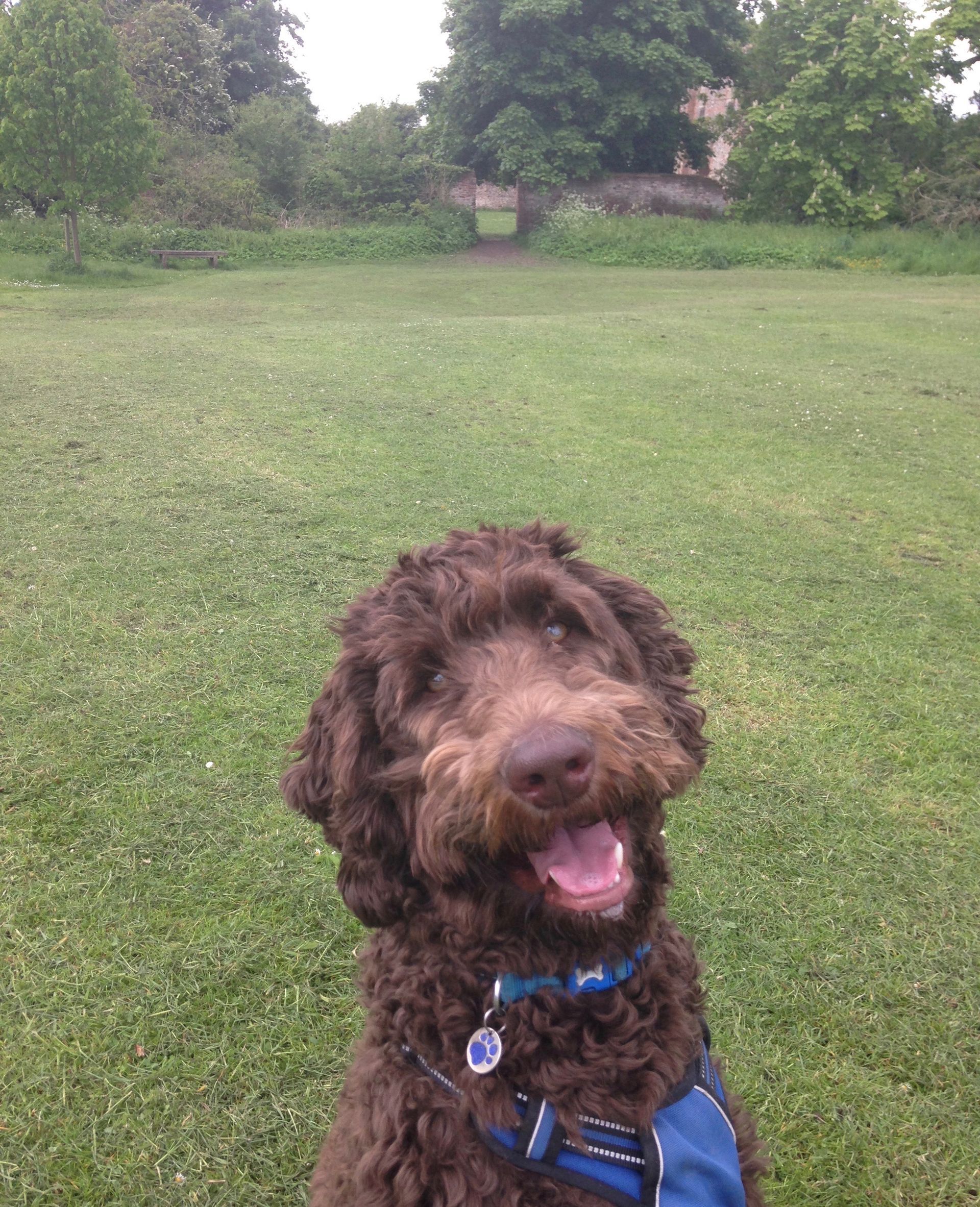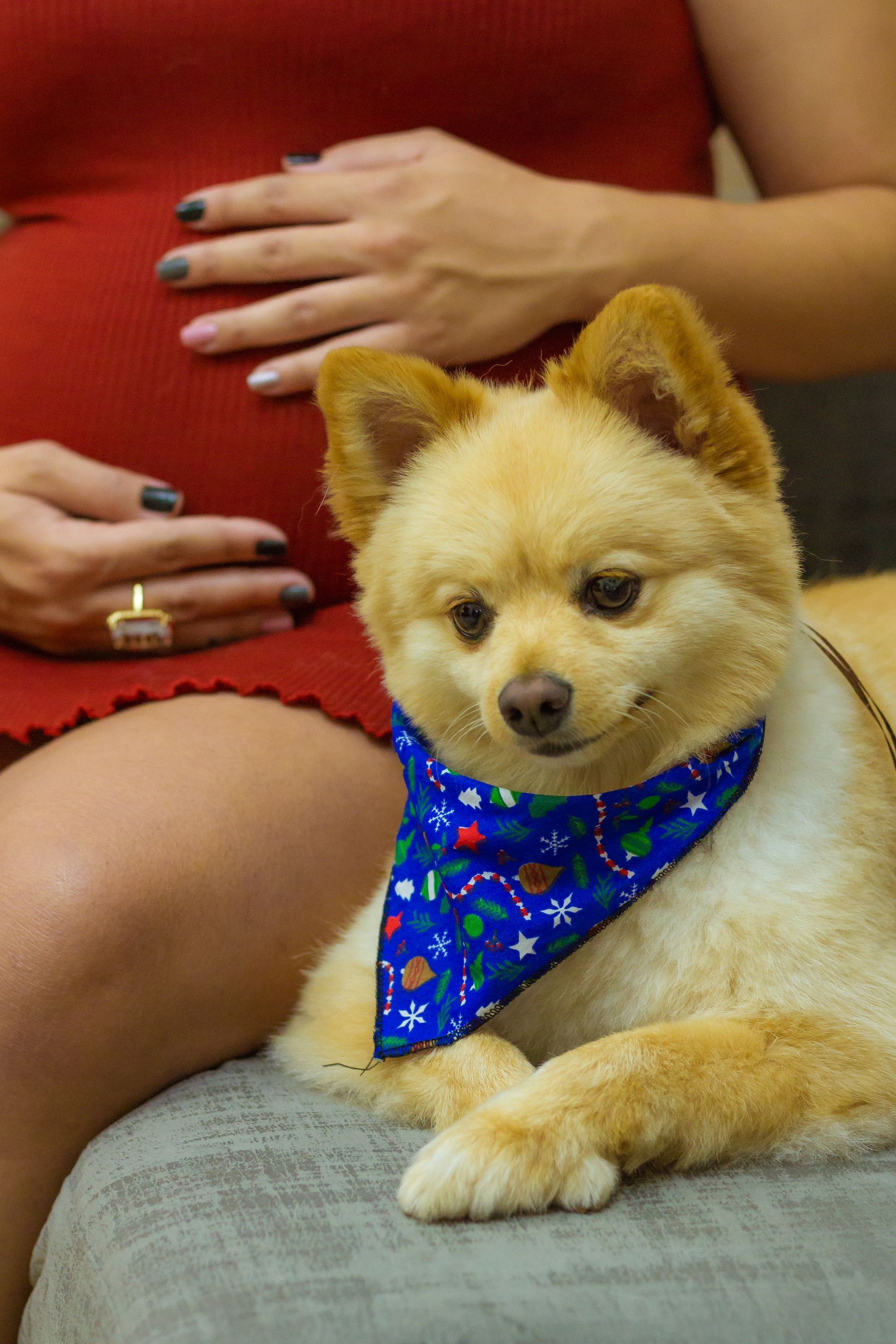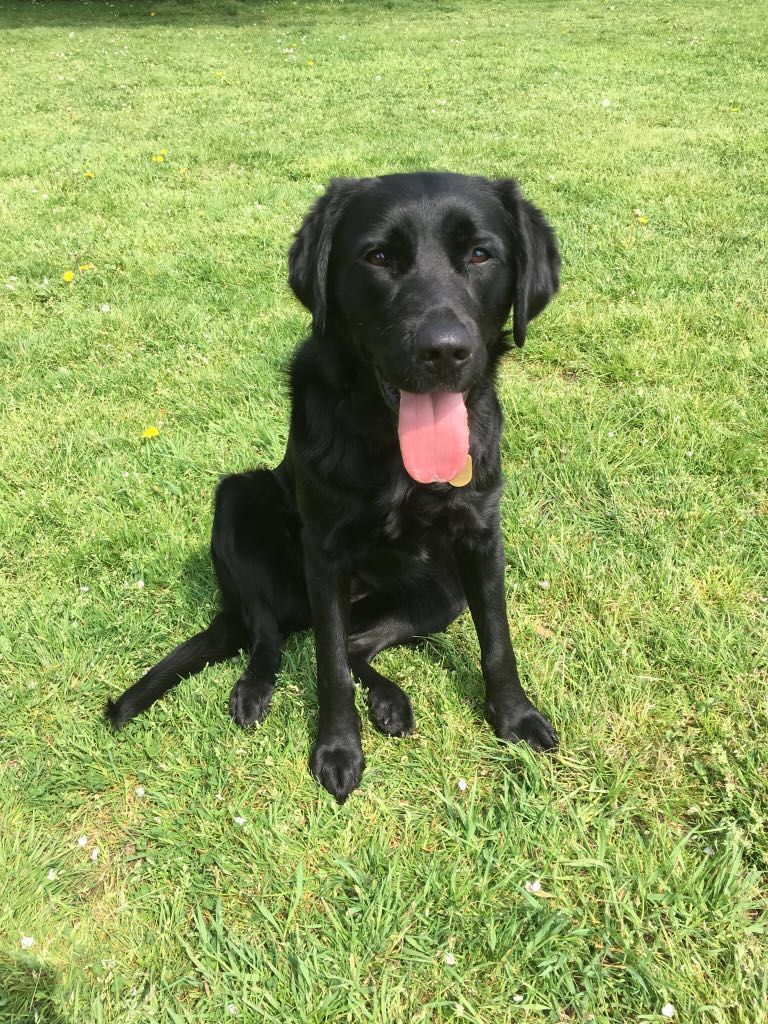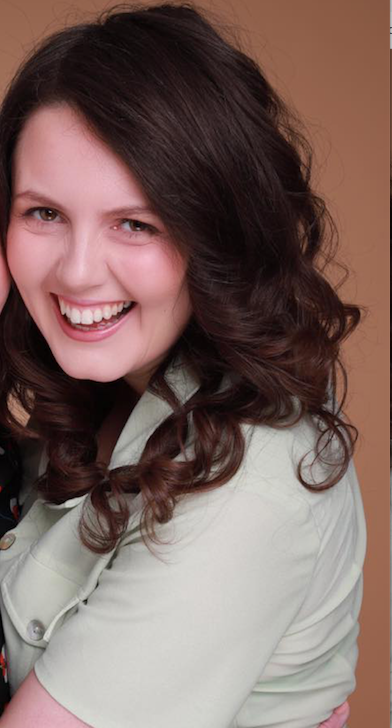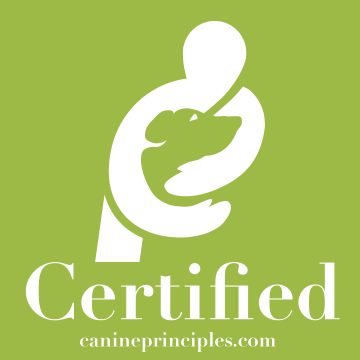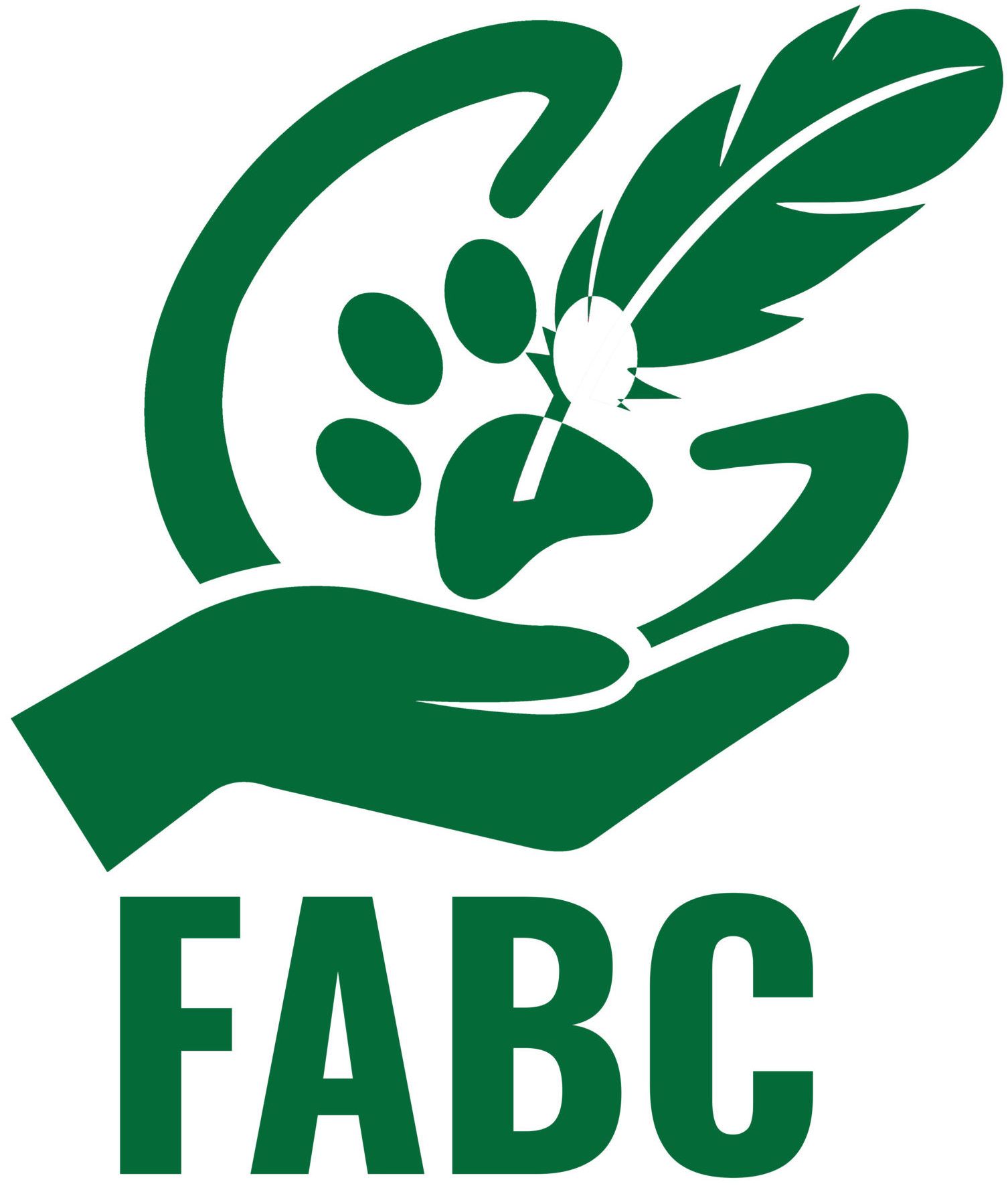Thinking about getting a puppy? Be in the know
Devastatingly, thousands of dogs end up in rescue centres each year, sometimes because people have financial problems or divorces and sometimes because of behavioural and health problems (behaviour and health are interlinked – pain can make a dog more grumpy and less tolerant). The pandemic and cost of living crisis means that rescue centres have seen the perfect storm of dogs arriving into their care.
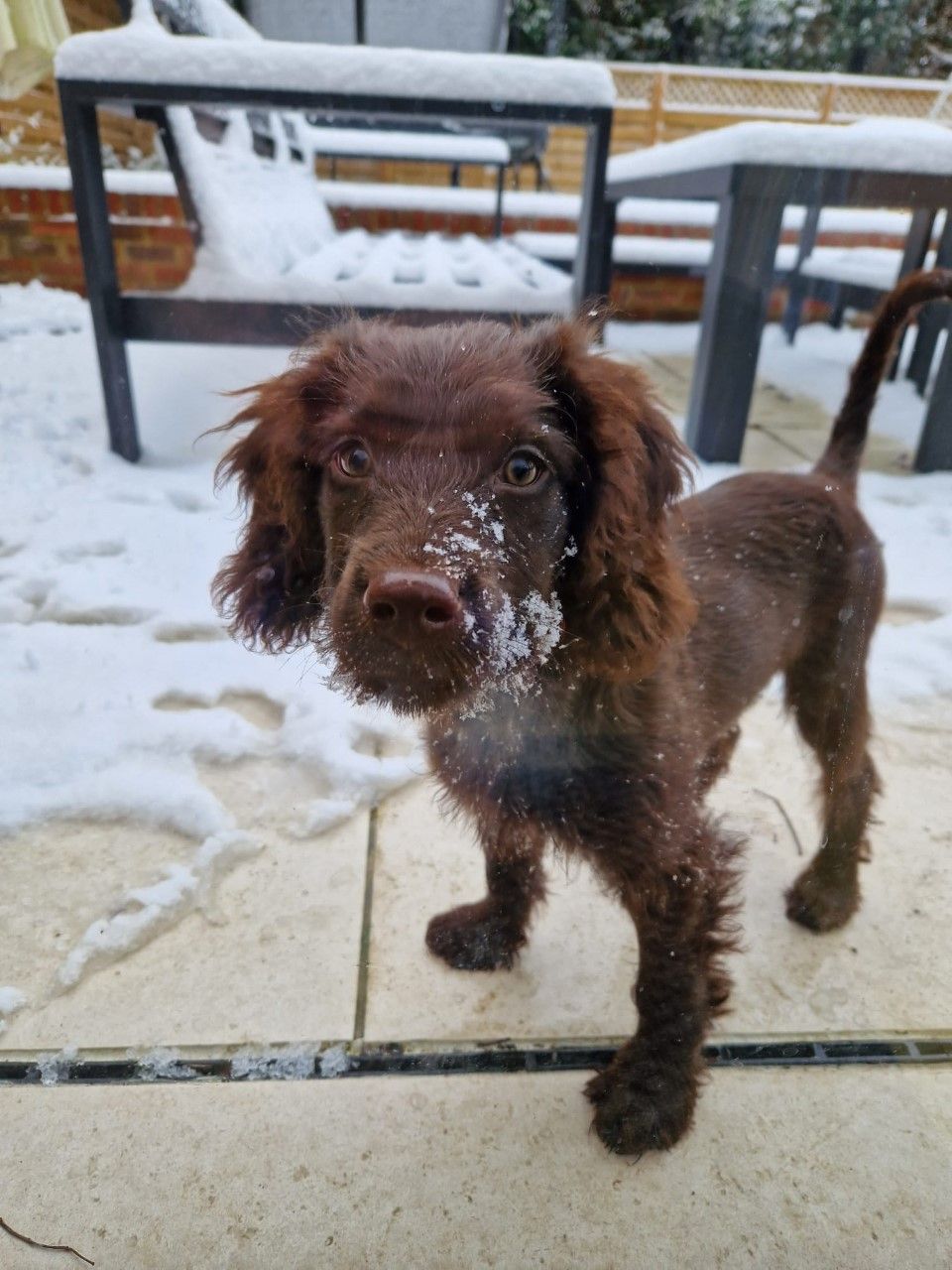
Thinking about what the breed was originally bred to do and whether you can offer this in terms of your lifestyle, home environment and finances is key before getting a puppy.
There are a lot of considerations when choosing a breeder and I have outlined some of them for you below. Many rescue centres will also have puppies.
The health of the puppy
Looking out for any signs of concern such as weepy eyes, smelly or dirty ears or unclean and unkempt coats can be a sign that the puppies are being neglected.
Doing your research on the breed of dog you are planning on getting is imperative as some dogs can be more prone to health conditions such as hip dysplasia – this is when the hip joint does not develop properly. It can lead to pain and lameness. It is something that is affected by genes as well as diet and environmental factors. Screening of the mother and father (the dame and sire) even if they are not showing signs of hip dysplasia should occur otherwise there is a risk of passing this on via their genes.
The temperament of the puppy
Temperament affects how things land on us. If you live in a busy area where there is lots of traffic and sights and sounds thinking about your dog and how they would cope with this is important. Speak to the breeder about what experiences the puppy has had with people, sounds, sights and surfaces. A structured socialisation plan (things that a dog will interact with such as people ), and habituation plan (what a dog will get used to without responding – i.e the doorbell) will be needed with consideration to the puppies age. The critical socialisation plan is thought to be 3-12 weeks, meaning if the puppy has not experienced certain experiences during this time they may be more fearful of them later. Of course, socialisation and habituation doesn’t stop at 12 weeks.. there are other key developmental milestones such as adolescence too and this should be approached in a carefully curated way just like socialisation experiences to avoid overwhelm and therefore sensitisation (becoming sensitive to sounds)
Remember, that a puppy should experience the home environment where there are sounds such as the tv, dishwasher and washing machine.. this is what they will have in their home with you. If they are raised in a shed down at the bottom of the garden they will miss out on this and is a big red flag!
Seeing the mother and father (Dam and sire) in their home (don’t let the puppy be dropped off to you and don’t meet in the middle - see the envrionment they are raised in)
Asking questions about how many litters the mother has had and seeing the father too is really important. Ask whether puppies have been born naturally or via caesarean ( a dog that needs to keep delivering via caesarean is not good for their welfare). Asking questions about their health and temperament is really important. Remember a good breeder will be happy for you to ask these questions!
If you are thinking of getting a puppy from a breeder and you want to be equipped with the knowledge when getting a healthy happy puppy then you can join the Polite Pup Club to access guidance on what questions to ask.




